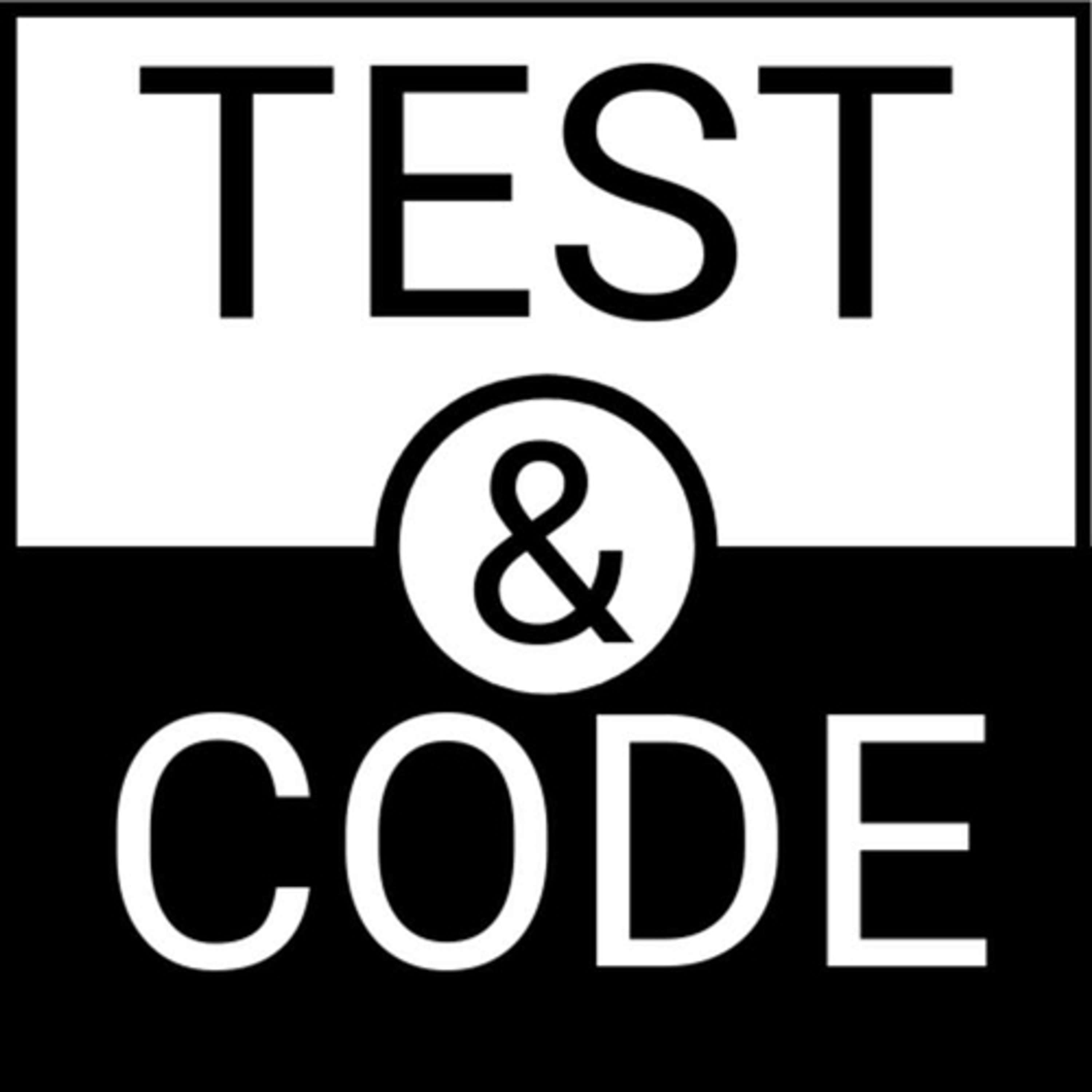
pytest plugins - a full season

Test & Code
Deep Dive
What makes PyTest fixtures unique compared to other test systems?
PyTest fixtures are more modular, flexible, and reusable across a test suite. They can also be shared with other projects through the plugin system, making them highly versatile.
What is the purpose of hook functions in PyTest plugins?
Hook functions allow plugins to modify PyTest's behavior, such as adding command-line flags or deselecting/skipping tests based on runtime factors.
How many PyTest plugins are listed on PyPI?
There are at least 1,487 PyTest plugins listed on PyPI, identified by searching for projects that begin with 'pytest-' or 'pytest_'.
What is the Top PyTest Plugins list on pythontest.com based on?
The Top PyTest Plugins list is based on the number of downloads over the past 30 days, currently featuring 133 plugins.
What is the most downloaded PyTest plugin?
The most downloaded PyTest plugin is PyTestCov, which measures test coverage using Coverage.py and provides additional conveniences.
What is PyTest Metadata used for?
PyTest Metadata is used to add metadata to test reports, often in conjunction with PyTest HTML, and is one of the most popular plugins.
What is PyTest Playwright, and why is it notable?
PyTest Playwright is a plugin for testing web applications using Playwright. It is notable for its utility in web projects and is on the speaker's list of plugins to explore.
What is PyTest MD Report, and how is it used?
PyTest MD Report generates test outcome reports in Markdown table format, making it useful for piping output to websites or other readable formats.
What are some of the top PyTest plugins mentioned in the episode?
The top PyTest plugins include PyTestCov, PyTestMock, XDist, AsyncIO, Metadata, HTML, Timeout, RerunFailures, and PyTest Django.
Why is learning from plugin source code valuable?
Learning from plugin source code provides insights into advanced uses of fixtures and hook functions, which are often not fully covered in official documentation.
Shownotes Transcript
This episode kicks off a season of pytest plugins.
In this episode:
- Introduction to pytest plugins
- The pytest.org pytest plugin list
- Finding pytest related packages on PyPI
- The Top pytest plugins list on pythontest.com
- Exploring popular plugins
- Learning from plugin examples
Links:
- Top pytest plugins list)
- pytest.org plugin list)
- Top PyPI Packages)
- And links to plugins mentioned in the show can be found at pythontest.com/top-pytest-plugins)
** Learn pytest**
- pytest is the number one test framework for Python.
- Learn the basics super fast with Hello, pytest!)
- Then later you can become a pytest expert with The Complete pytest Course)
- Both courses are at courses.pythontest.com)